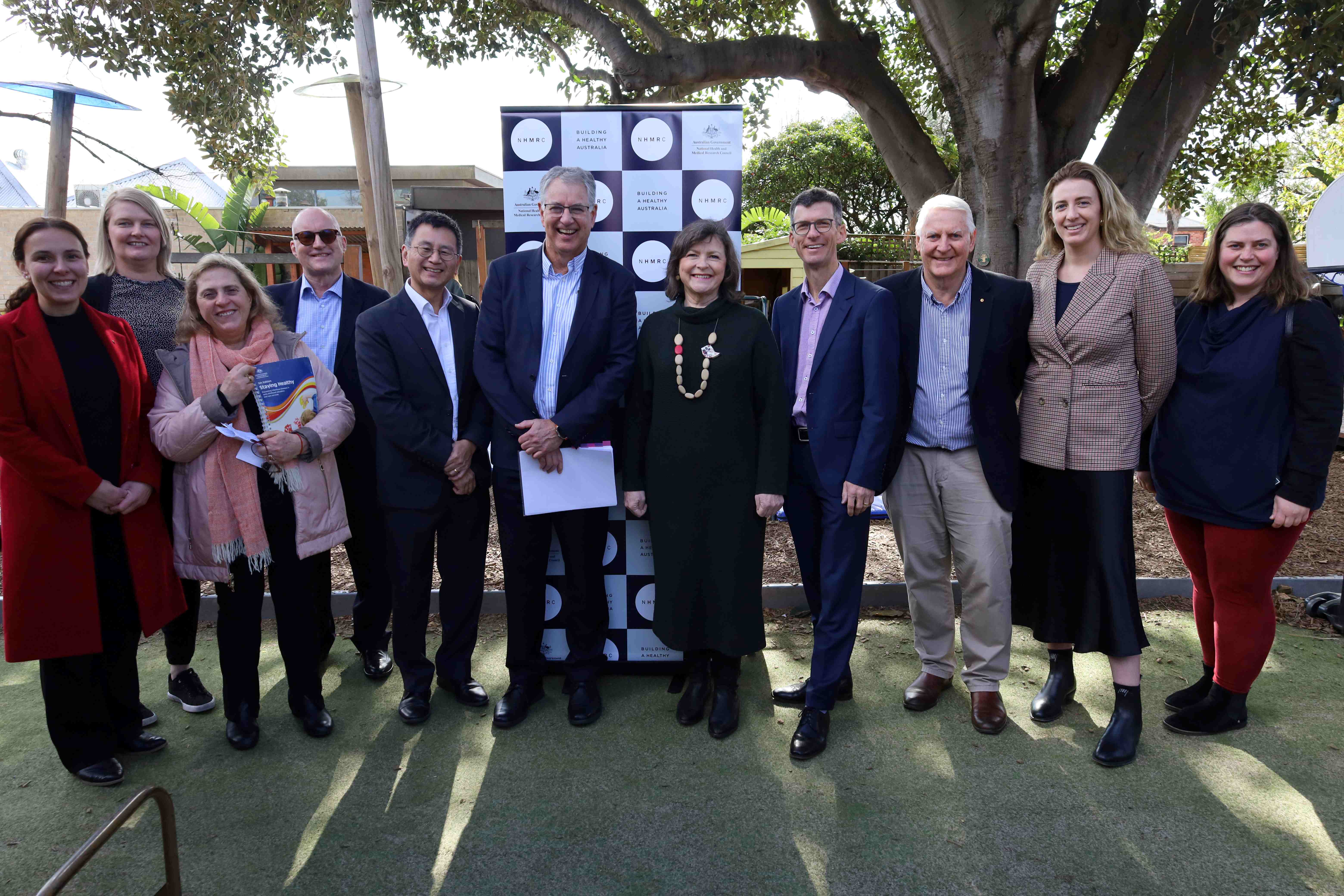Search
Research
Clinical and Molecular Epidemiology of an Emerging Panton-Valentine Leukocidin-Positive ST5 Methicillin-Resistant Staphylococcus aureus Clone in Northern AustraliaRecently, we identified a Staphylococcus aureus sequence type 5 (ST5) clone in northern Australia with discrepant trimethoprim-sulfamethoxazole (SXT) susceptibility results. We aimed to identify isolates of this clone using Vitek 2 SXT resistance as a proxy and to compare its epidemiology with those of other circulating S. aureus strains. We collated Vitek 2 susceptibility data for S. aureus isolates collected through our laboratory and conducted a prospective, case-control study comparing clinical, microbiological, epidemiological, and genomic data for subsets of isolates reported as SXT resistant (cases) and SXT susceptible (controls) by Vitek 2.
Research
Poor treatment outcomes of children on highly active antiretroviral therapy: protocol for a systematic review and meta-analysisWhile access to highly active antiretroviral therapy (HAART) for children with HIV has expanded and the use of HAART has substantially reduced the morbidity and mortality of children due to HIV, poor treatment outcomes among children with HIV are still a major public health problem globally. The aim of this systematic review and meta-analysis is to quantify treatment outcomes among children with HIV.
Research
Improving Influenza Vaccination in Children With Comorbidities: A Systematic ReviewChildren with medical comorbidities are at greater risk for severe influenza and poorer clinical outcomes. Despite recommendations and funding, influenza vaccine coverage remains inadequate in these children. We aimed to systematically review literature assessing interventions targeting influenza vaccine coverage in children with comorbidities and assess the impact on influenza vaccine coverage.
Research
Converting the maybes: Crucial for a successful COVID-19 vaccination strategyBroad community acceptance of a COVID-19 vaccination will be critical for effectively halting the spread of the virus. In this study, we focus on factors that differentiate those who are undecided from those who are either willing or unwilling to accept a prospective COVID-19 vaccine. An online survey in May 2020 assessed Australian adults' willingness to receive a COVID-19 vaccine (yes, maybe, no). A multinomial logistical regression of responses (N = 1,313) was used to identify correlates of vaccine willingness between the three groups.
Research
Revaccination outcomes of children with vaccine proximate seizuresSeizures, whether febrile or afebrile, occurring within 14 days following vaccination can be considered as vaccine proximate seizures (VPSs). While the attributable risk and clinical severity of first febrile VPS is well known, the risk and clinical outcomes of VPS recurrence is less well defined. We conducted a retrospective review of revaccination management and outcomes in children who experienced a VPS as their first seizure seen in Australian Specialist Immunisation Clinics between 2013 and 2017. Vaccination outcomes were compared between children who had a VPS as their only seizure (VPS only) and children who had further non-vaccine proximate seizures following their initial VPS (VPS+) prior to review at the clinic.
Research
High risk of early sub-therapeutic penicillin concentrations after intramuscular benzathine penicillin G injections in Ethiopian children and adults with rheumatic heart diseaseIntramuscular benzathine penicillin G (BPG) injections are a cornerstone of secondary prophylaxis to prevent acute rheumatic fever (ARF) and rheumatic heart disease (RHD). Uncertainties regarding inter-ethnic and preparation variability, and target exposure profiles of BPG injection are key knowledge gaps for RHD control.
Research
Whole-cell pertussis vaccine in early infancy for the prevention of allergyThis is a protocol for a Cochrane Review (intervention). The objectives were to assess the efficacy and safety of whole‐cell pertussis (wP) vaccinations in comparison to acellular pertussis (aP) vaccinations in early infancy for the prevention of atopic diseases in children.
Research
SMART Work Design: Accelerating the Diagnosis of Rare Diseases in the Western Australian Undiagnosed Diseases ProgramThe accurate and efficient diagnosis of rare diseases, many of which include congenital anomalies, depends largely on the specialists who diagnose them - including their ability to work alongside specialists from other fields and to take full advantage of cutting-edge precision medicine technologies and precision public health approaches.
COVID-19 Research Update

News & Events
Latest infectious disease guidelines aim to keep childcare ‘bug-free’The National Health and Medical Research Council (NHMRC) has launched their sixth edition of Staying healthy: Preventing infectious diseases in early childhood education and care services in a bid to tackle the transmission of germs amongst young kids.
